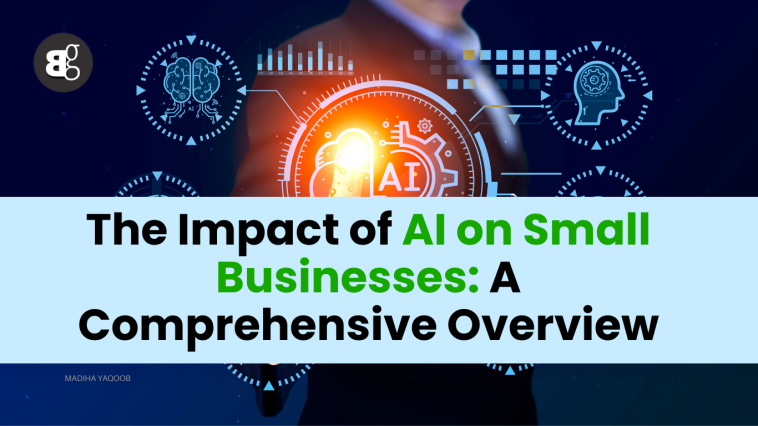Rapid Adoption of AI in Small Businesses
In a recent report by the Small Business and Entrepreneurship Council (SBEC), it has been revealed that a substantial percentage of small businesses are leveraging artificial intelligence (AI) tools, leading to significant improvements in efficiency and annual savings amounting to hundreds of billions of dollars.
You may also like: New Year, New Strategy: 10 Things Businesses Must Do in 2024
The Surge in AI Adoption Among Small Businesses
The SBEC survey highlights that 48% of small businesses integrated AI tools in the past year, with an additional 29% utilizing them for one to two years. According to SBEC CEO Karen Kerrigan, small business owners recognize the value of AI in enhancing profitability, productivity, and competitiveness. A staggering 93% of small business owners agree that AI tools provide cost-effective solutions driving savings and improved profitability.
Essential AI Tools for Small Businesses
- ChatGPT: An AI tool gaining significant traction for instant content creation.
- Upmetrics: Business plan writing tool offering 400 templates.
- ClickUp: Cloud-based project management solution.
- Jasper: Content generator for articles, blogs, and marketing copy.
- Zoho’s Zia: Sales tool for lead generation, management, and copywriting.
- ChatSpot by HubSpot: Free sales and marketing tool.
- DALL-E 2: Creates realistic images from written descriptions.
- Manatal: HR recruitment tool.
- Motion: Calendar tool for time tracking and itinerary building.
- Lumen5: Video creation tool.
- Otter.ai: Meeting assistant tool for recording, transcribing, and summarizing conversations.
AI’s Impact: Time and Cost Savings for Small Businesses
The SBEC survey indicates that small businesses are experiencing significant time and cost savings through AI adoption. This has allowed them to redirect resources to various areas, such as higher-value work, innovative customer engagement, and investment in new technologies.
You may also like: My ‘4’ Principles of Marketing Strategy: How to Succeed in Business
Workforce Challenges Driving AI Adoption
The tight labor market post-Covid has driven small businesses to adopt AI tools to address workforce challenges. With historic lows in unemployment and the availability of remote work, businesses are turning to AI to find innovative solutions for talent acquisition and retention.
Challenges and Downsides of AI for Small Businesses
As AI tools has numerous benefits, they come with challenges:
- Lack of Creativity: AI-generated content may lack creativity and a human touch.
- Emotional Element Missing: AI lacks the emotional element crucial in human interactions, impacting management and teamwork.
- Cost of Robotics: Advanced robotics with complex tasks remain expensive, posing a financial challenge for small businesses.
- Fear of Skynet: Concerns about a dystopian future, reminiscent of “Skynet” in The Terminator, are real, leading to government efforts to legislate and regulate AI applications.
In conclusion, while AI presents immense opportunities for small businesses, it is essential to navigate the challenges and ethical considerations associated with its implementation.
My Point of View
I see the incorporation of AI into small businesses as a revolutionary step toward productivity creativity and future growth. Artificial intelligence offers small business owners a range of tools that not only simplify operations but also enable them to make well informed decisions and successfully compete in the current digital ecosystem.
While acknowledging the enormous time and cost savings benefits of AI, I emphasize the significance of retaining a human touch throughout this technical evolution. As a supporter of small businesses, I think artificial intelligence (AI) should complement human creativity, emotional intelligence, and inventiveness—qualities that are essential for good teamwork, customer service, and leadership.
To fully realize the benefits of these breakthroughs for small businesses, it is crucial to strike a balance between utilizing AI’s capabilities and maintaining human-centric features.




